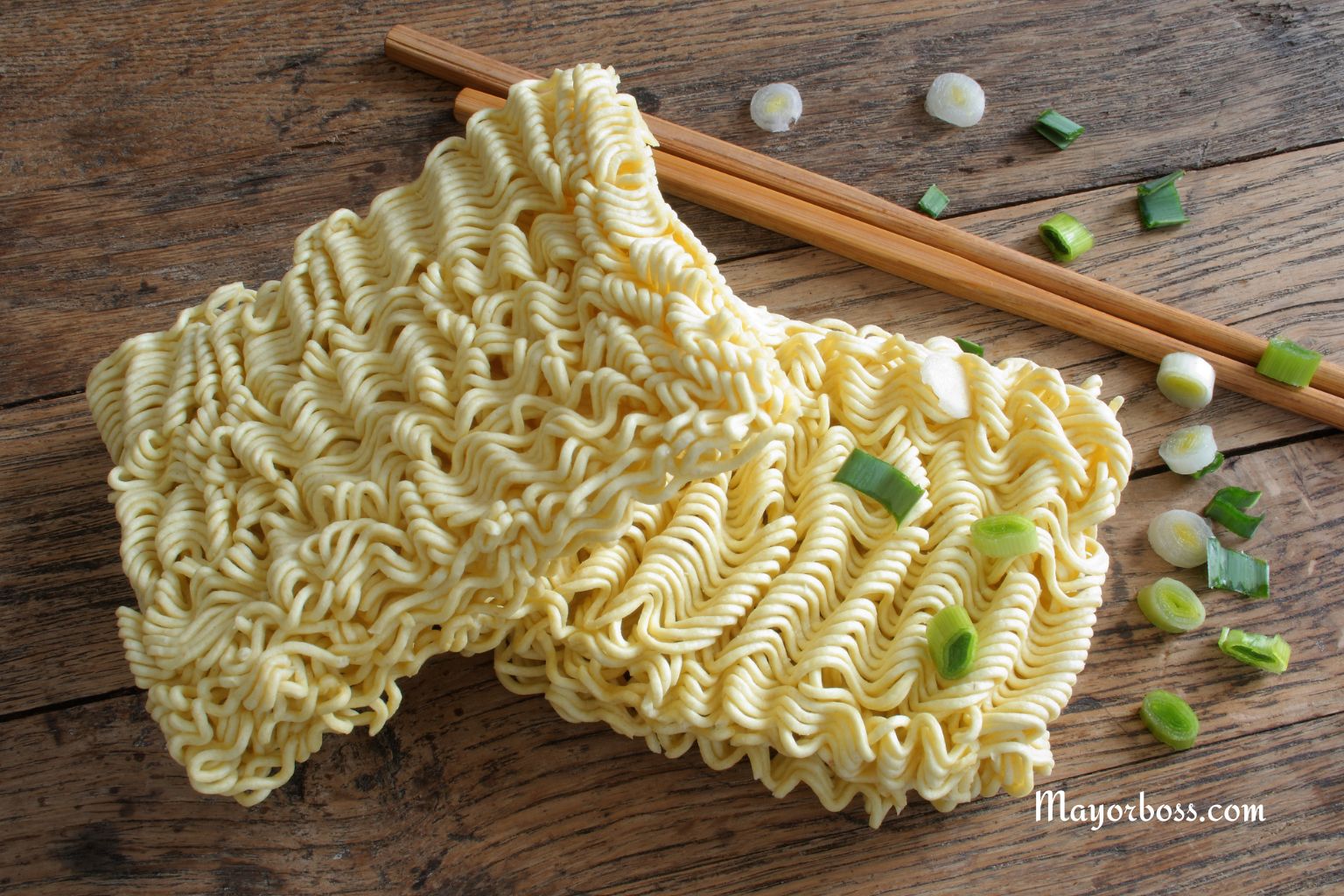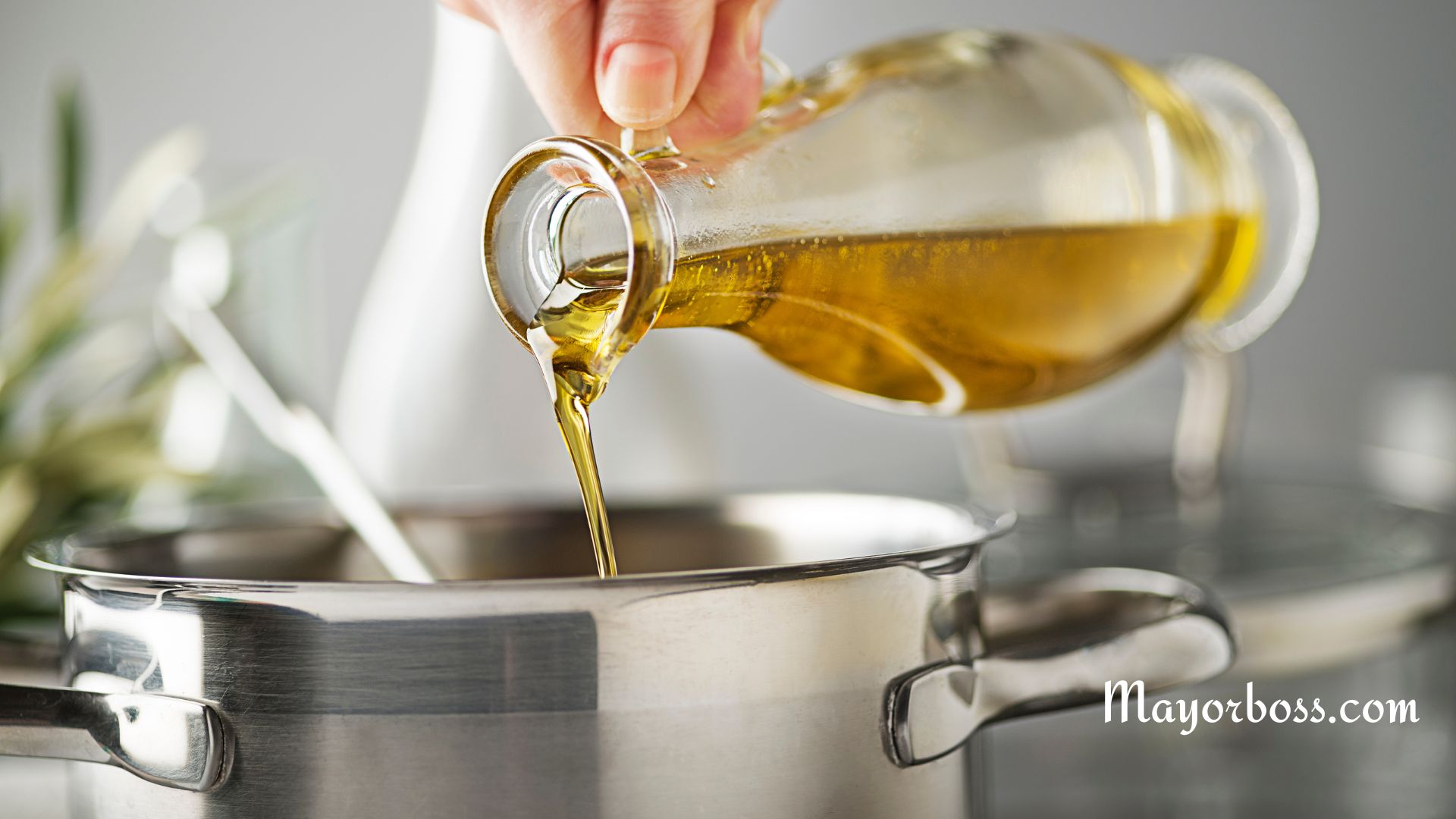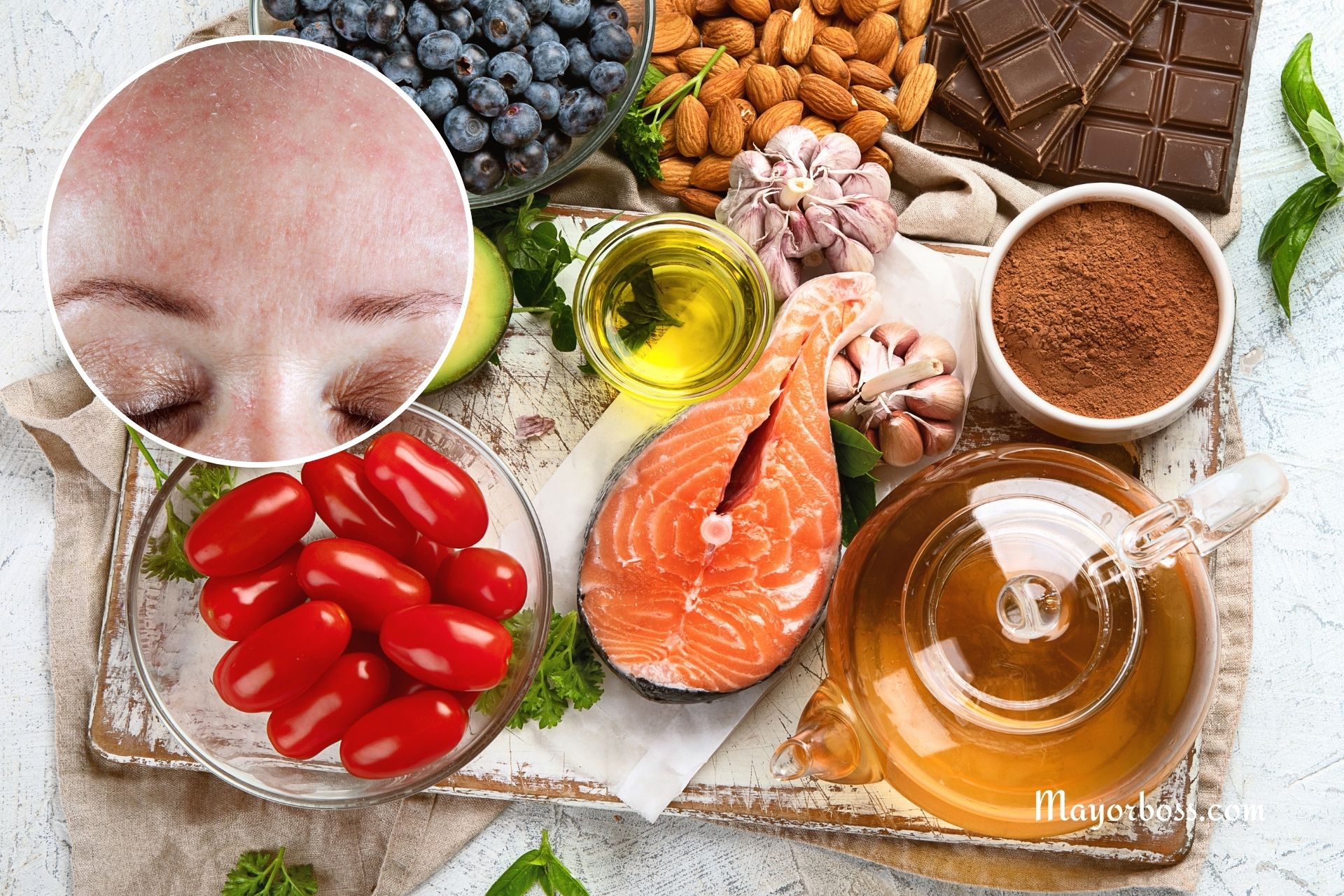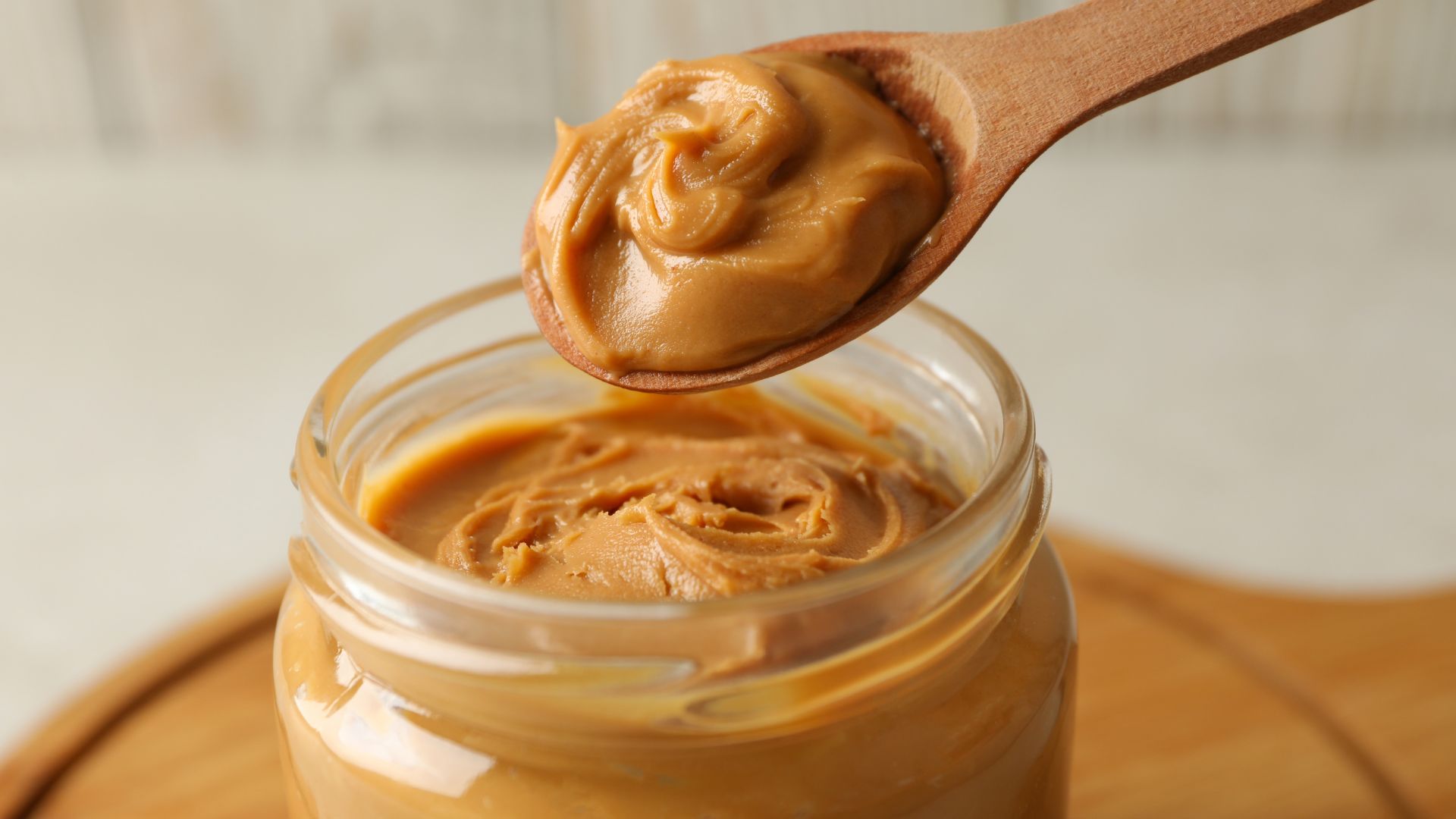What is Protein?
What is protein?
Protein is a macronutrient that is essential for our bodies to function properly. It is made up of chains of amino acids, which are the building blocks for all tissues in our bodies.
Why is protein important?
Protein is important because it helps our bodies to grow and repair cells. It is also necessary for the production of enzymes and hormones.
What is the main benefit of protein?
The main benefit of protein is that it helps your body to build and repair muscle tissue. Protein is also essential for creating new cells, antibodies, and enzymes.
What happens when your body is low in protein?
Without enough protein, you may experience muscle weakness, fatigue, difficulty concentrating, slow metabolism, thinning hair, brittle nails, and dry skin. You may also be at risk for developing infections, anemia, osteoporosis, and joint pain.
What food has the most protein?
Many foods are high in protein, but some of the best sources include meat, fish, poultry, eggs, dairy, nuts, and legumes.
How much protein do I need?
The amount of protein you need depends on your age, activity level, and health status. The average sedentary adult needs about 0.36 grams per pound of body weight or about 56 grams per day.
How much protein is in an egg?
One large egg has about 6 to 8 grams of protein.
How much protein is in chicken?
A 3-ounce serving of cooked chicken breast has about 26 grams of protein.
How much protein is in a banana?
A medium-sized banana has about 1 gram of protein.
What are high-protein vegetables?
Some high-protein vegetables include peas, sweet corn, avocado, broccoli, Brussels Sprouts, asparagus, spinach, artichokes, and kale.
What are some high-protein foods for vegetarians?
Some high-protein foods for vegetarians include tofu, lentils, beans, quinoa, spirulina, and nuts.
Are oats high in protein?
Oats are a good source of protein. One cup of cooked oats contains approximately 6 grams of protein.
Why is protein important for weight loss?
Protein can help you lose weight by keeping you feeling full longer and helping to preserve muscle mass as you lose fat.
Does protein make your skin better?
Protein is essential for maintaining healthy skin, as it helps to repair and regenerate cells.
Furthermore, amino acids and collagen found in protein-rich foods help to keep the skin firm and elastic.
Are protein shakes good for you?
Protein shakes can be a healthy way to get additional protein, especially if you are struggling to get enough from dietary sources alone. However, it’s important to choose a shake that has a balance of nutrients and isn’t loaded with sugar or other additives.
Can protein cause constipation?
Eating large amounts of protein can cause constipation because it can slow down digestion. This effect is usually temporary and can be alleviated by drinking plenty of water and getting regular exercise.
What disease is caused by protein deficiency?
Kwashiorkor is a disease caused by severe protein deficiency. Symptoms include muscle wasting, edema, anemia, diarrhea, and dermatitis. Kwashiorkor is most common in developing countries where diets are lacking in essential nutrients.
Why are Protein bars bad for you?
Many commercial protein bars are high in sugar and calories, which can lead to weight gain if they are consumed in excess. Additionally, some bars may contain unhealthy ingredients such as trans fats or artificial sweeteners. It’s important to read labels carefully before purchasing a protein bar to make sure it meets your nutritional needs.
Does protein give you energy?
Protein provides the body with energy by breaking down into amino acids, which are then used by the cells to create ATP. ATP is the primary source of energy for all cellular functions.






